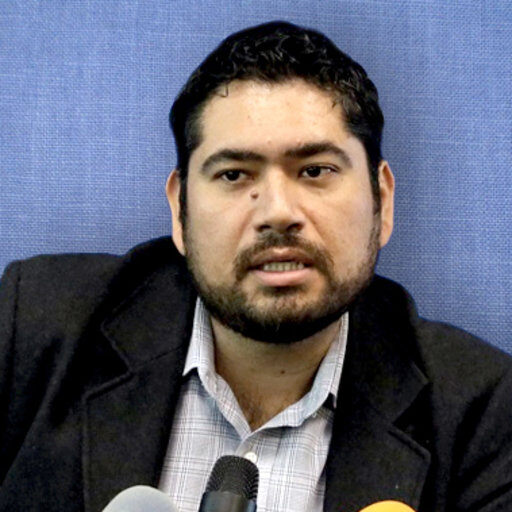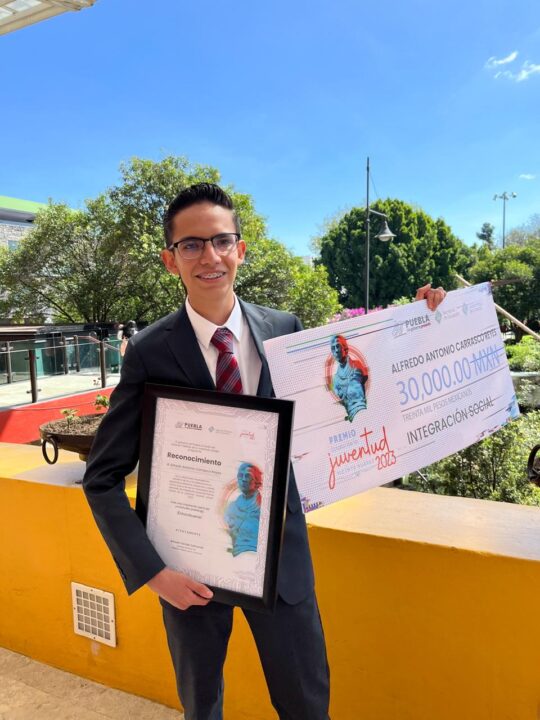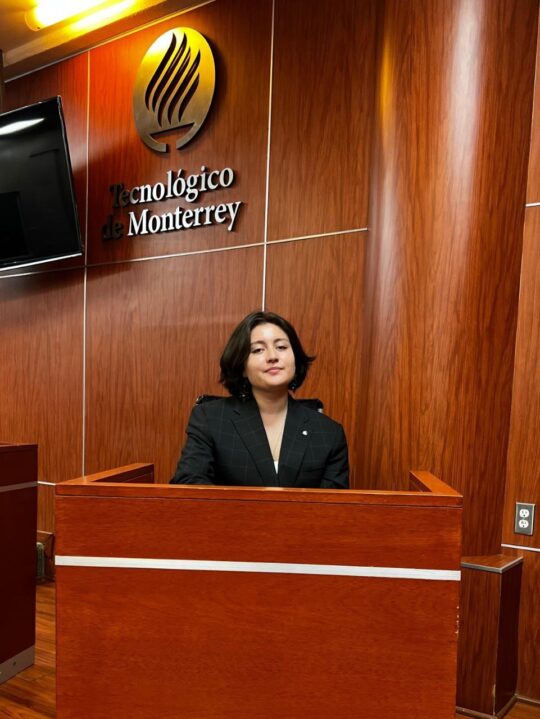
Mexico
Rebuilding a future: Analysis of the educational barriers faced by teenage return migrants in Mexico
- Status
- Active Research
- Research Year
- 2025-26
Return migration has become a significant phenomenon in Mexico, particularly in large metropolitan areas such as Jalisco, Puebla, and Mexico City, where thousands of individuals and families resettle after periods abroad. Despite the recognition of education as a fundamental right, returnees often encounter structural and administrative barriers that hinder their reintegration into the Mexican educational system and labour market.
These barriers include difficulties validating foreign academic records, the lack of official identification documents, and linguistic or cultural mismatches that obstruct educational continuity. Consequently, many returnees, whether deported or voluntarily migrating back, face educational setbacks that translate into limited skill development and restricted labor opportunities, frequently pushing them toward low-paying or informal employment.
This case study analyzes the relationship between educational shortfalls and labor market reintegration among return migrants, with emphasis on the vulnerabilities arising from the intersection of academic exclusion and economic insecurity. Jalisco, Puebla and Mexico City serve as case studies due to their urban complexity, presence of institutional support structures (such as migrant assistance offices, employment services, and education authorities), and strong community networks, making them relevant contexts to observe how reintegration is shaped not only by policies but also by local resources and social dynamics.
The research seeks to show how inadequate public policies exacerbate social inequalities and limit the potential contributions of returnees. By doing so, the study aims to inform more inclusive approaches to education and employment that address both the immediate needs of this population and their long-term integration into Mexican society.
Researchers
Mentors
-

Tecnológico de Monterrey
Javier Contreras Arreaga
Professor, School of Government and Public Transformation, Tecnológico de Monterrey
-

Tecnológico de Monterrey
Ignacio Ibarra López





